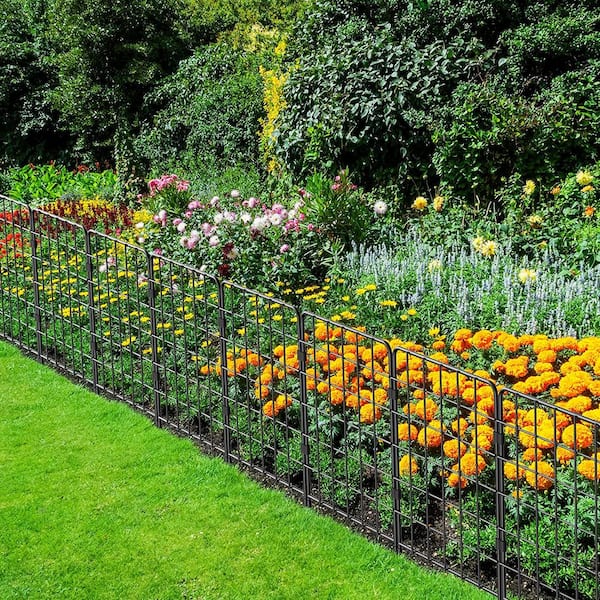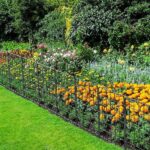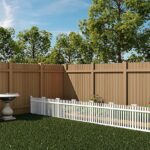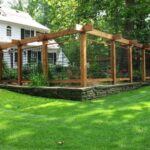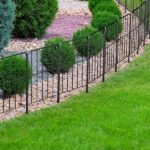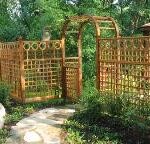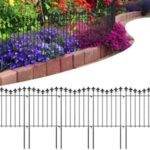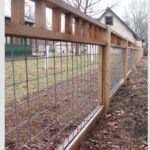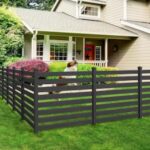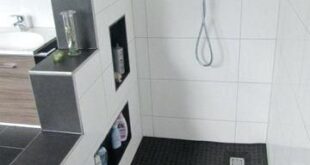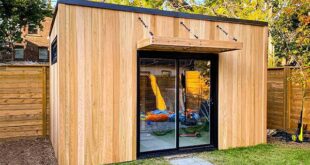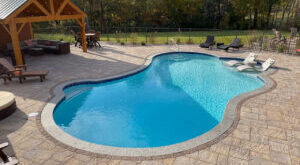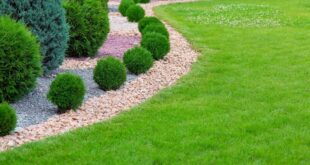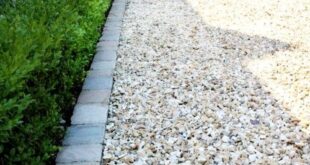When it comes to protecting your garden from pests, wildlife, and unwanted visitors, choosing the right garden fencing is essential. Not only does fencing add a level of security to your outdoor space, but it can also enhance the aesthetic appeal of your garden. With so many options available, it can be overwhelming to choose the best fencing for your needs. This ultimate guide will help you navigate the various factors to consider when selecting garden fencing.
1. Purpose: Before you start looking at fencing options, determine the primary purpose of your garden fencing. Are you looking to keep out deer, rabbits, or other wildlife? Do you want to create a border for your garden or add privacy to your outdoor space? Understanding the main function of your fencing will help you narrow down your options.
2. Material: Garden fencing comes in a variety of materials, each with its own benefits and drawbacks. Some common options include wood, vinyl, metal, and composite. Wood fencing is a classic choice that adds a natural look to your garden, while vinyl fencing is low maintenance and durable. Metal fencing offers security and longevity, while composite fencing is eco-friendly and resistant to rot and decay.
3. Style: Consider the style of your garden when choosing fencing. Opt for a design that complements the overall aesthetic of your outdoor space. Whether you prefer a traditional, rustic, modern, or ornate look, there are plenty of fencing styles to choose from. Some popular options include picket fencing, lattice fencing, privacy fencing, and decorative fencing.
4. Height: The height of your garden fencing will depend on the purpose of the fence. If you are looking to keep out deer or other wildlife, consider installing a taller fence. For privacy or security, a taller fence is also recommended. However, if you are simply looking to define the border of your garden, a shorter fence may suffice.
5. Maintenance: Before making a decision, consider the level of maintenance required for your chosen fencing material. Wood fencing may require regular staining or painting to prevent rot and decay, while vinyl fencing is low maintenance and easy to clean. Metal fencing may need to be treated for rust, and composite fencing typically requires minimal upkeep.
6. Budget: Finally, consider your budget when selecting garden fencing. Prices can vary depending on the material, style, and height of the fence. Set a budget and prioritize your needs to find a fencing option that fits within your financial means.
Choosing the right garden fencing is an important decision that will impact the security, aesthetics, and functionality of your outdoor space. By considering the purpose, material, style, height, maintenance, and budget, you can select the perfect fencing for your garden. With the ultimate guide to choosing the right garden fencing, you can make an informed decision that enhances the beauty and functionality of your outdoor space.
